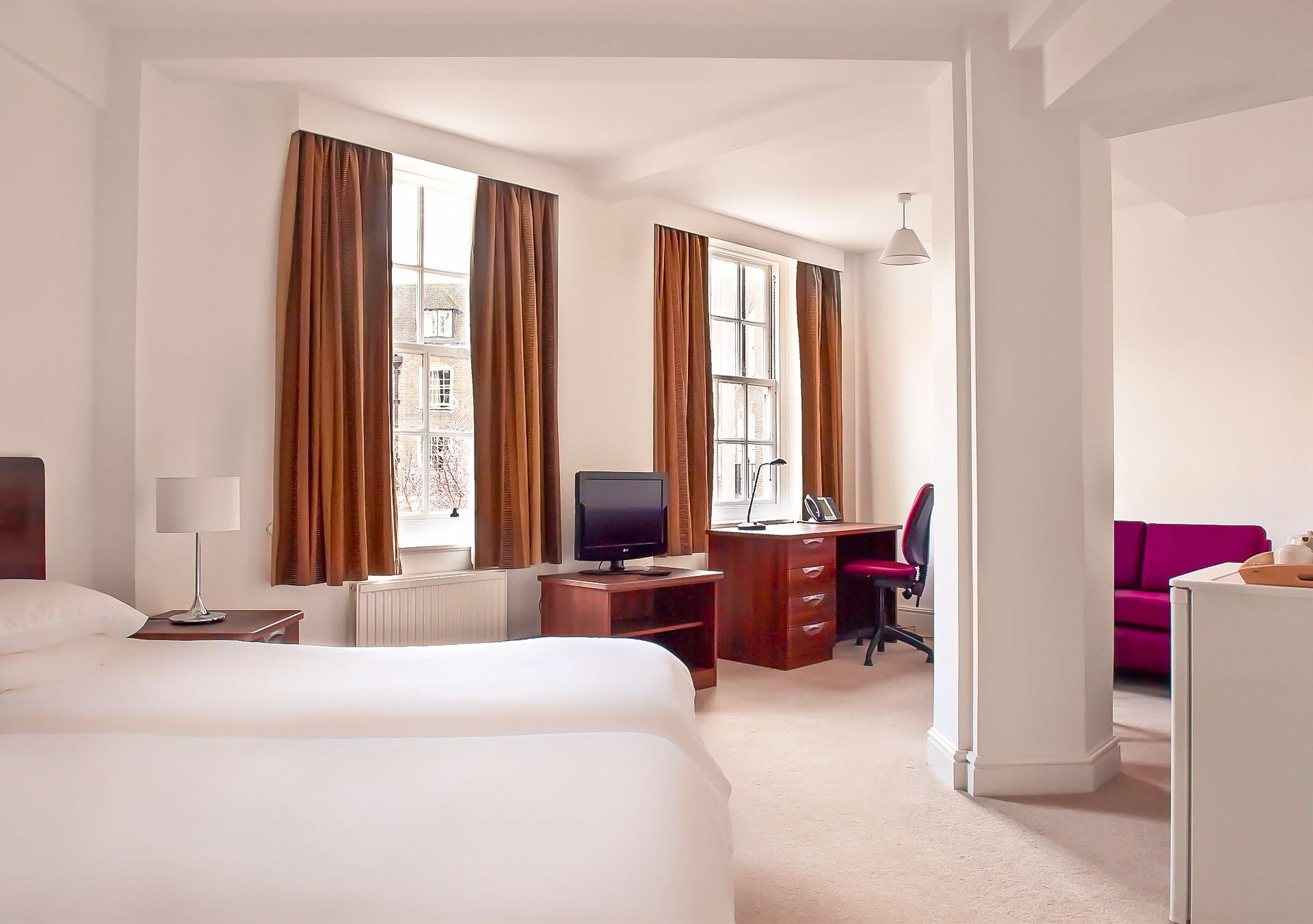Una breve historia de Londres
El primer asentamiento importante fue fundado por los romanos en el año 43 d. C. como Londinium, tras la conquista romana de Gran Bretaña. Tras un asalto de la tribu Iceni liderada por la reina Boudica en el año 61 d.C., la ciudad fue reconstruida y prosperó, reemplazando a Colchester como capital de la provincia romana de Britannia en el año 100 d.C. En su apogeo, en el siglo II, el Londres romano tenía una población de alrededor de 60.000 habitantes.
En el año 600, los anglosajones habían creado un nuevo asentamiento llamado Lundenwic, aproximadamente a 900 metros río arriba de la antigua ciudad romana, alrededor de lo que hoy es Covent Garden. Es probable que hubiera un puerto en la desembocadura del río Fleet para la pesca y el comercio, y este comercio creció hasta que la ciudad fue vencida por los vikingos y obligada a trasladarse de regreso a la ubicación del Londinium romano para usar sus murallas como protección. . La ciudad sajona original de Lundenwic se convirtió en Ealdwic ("ciudad vieja"), un nombre que sobrevive hasta el día de hoy como Aldwych, que se encuentra en la moderna ciudad de Westminster.
La peste causó grandes problemas en Londres a principios del siglo XVII y culminó con la Gran Plaga en 1665-1666, que mató a unas 100.000 personas, hasta una quinta parte de la población de Londres. Este fue el último gran incendio en Inglaterra, posiblemente gracias al desastroso incendio de 1666. El Gran Incendio de Londres estalló en la ciudad original y rápidamente arrasó los edificios de madera de Londres, destruyendo grandes zonas de la ciudad. La reconstrucción llevó más de diez años, en gran parte bajo la dirección de una comisión nombrada por el rey Carlos II, presidida por Sir Christopher Wren.
Gran parte de Londres quedó destruida durante la campaña de bombardeos de la Segunda Guerra Mundial, en la que perdieron la vida 30.000 personas. A pesar de causar una gran cantidad de daños, la ciudad en general estaba bien reparada y gran parte de la peor arquitectura de las décadas de 1940 y 1950 ha sido reemplazada por edificios más modernos y de buen gusto.
En el siglo XVIII, Samuel Johnson, autor de Un diccionario de la lengua inglesa, escribió sobre la ciudad: “No se encuentra ningún hombre, en absoluto intelectual, que esté dispuesto a abandonar Londres. No, señor, cuando un hombre está cansado de Londres, está cansado de la vida; porque en Londres hay todo lo que la vida puede permitirse."
Historia de las universidades del Gran Londres
Universidad de Kingston
Los orígenes de la Universidad de Kingston se remontan a 1839, cuando cuatro residentes establecieron un Instituto Científico y de Alfabetización de Kingston para brindar clases nocturnas a los jóvenes. Más tarde, un cirujano acomodado llamado George Taylor instaló un instituto en la esquina de las calles Thames y Clarence, en un bonito edificio neoclásico que albergaba una biblioteca, un laboratorio y una sala de conferencias.
